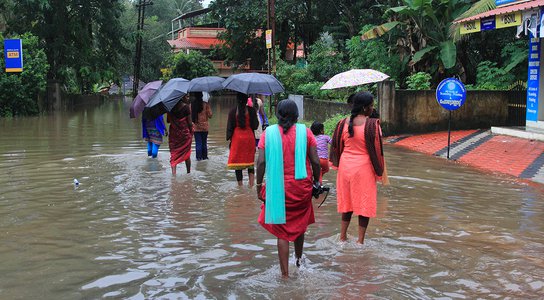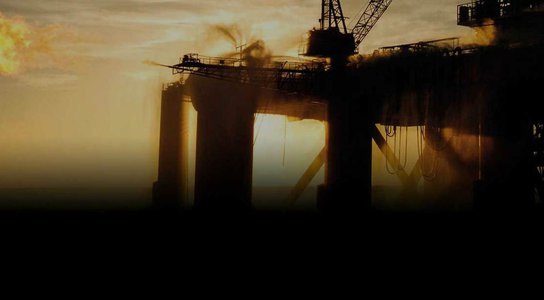Equinor, one of the world’s largest oil and gas companies, has retracted claims that gas is a low carbon source of energy after I complained to the UK’s advertising regulator.
The oil industry is desperate to portray gas as a clean fuel, a bridge to a zero-carbon future or a partner to supposedly unreliable renewables. The industry knows the writing is on the wall for oil, but it is pinning its hopes on the world using more gas to keep its business model going.
So it was no great surprise to see Equinor, one of the world’s largest oil and gas companies, advertising in Westminster Underground station – a hotspot for targeting the MPs and civil servants that shape UK energy policy and pass through it every day. What was surprising was to see the company trying to claim that gas – a fossil fuel – is a low carbon source of energy,
Here’s what the ad said:
“We’re the low carbon energy just over the horizon. Equinor is Britain’s biggest supplier of imported gas – and a key provider of wind power too.
We’re the Norwegian energy behind British life.”
This is hugely misleading, implying that gas is a low carbon source of energy and that wind power and gas are both low carbon. Nothing could be further from the truth.

Taken at Westminster Tube Station, London, 22nd May 2019
The Intergovernmental Panel on Climate Change (IPCC), the world’s leading authority on climate change, states that gas has the third highest CO2 emissions intensity of commercially available technologies for generating electricity. This clearly cannot be considered to be low carbon, nor is it in any way comparable to wind power, which, even accounting for the emissions involved in building the turbines, has 2% of the carbon footprint of gas-fired power.
The same goes for gas in heating; the UK Government’s own scientific advisory body on climate change, the Committee on Climate Change, repeatedly draws distinctions between ‘low-carbon’ heating and gas.
While I’m used to some jaw-dropping claims from the fossil fuel industry, this was a step too far – so I fired off a complaint to the UK’s advertising regulator, the ASA.
Now, Equinor has agreed to drop this claim, not to use the ad again, and to make changes if they do decide to run a similar campaign in future. In their response to the ASA, Equinor said their intention was only to refer to wind power as low carbon but acknowledged that the ad “might not have been interpreted that way”. The ASA also stated that any future claims about low carbon energy must be linked to wind power.
This should serve as a warning to the rest of the industry. Equinor have effectively admitted there’s no evidence to back up claims that gas is low carbon. So while the oil industry is pinning its hopes on gas and is working hard to convince politicians that we’ll need gas for decades to come, they simply can’t stand up these kind of claims. And since gas isn’t low carbon, it has no place in the UK’s zero-carbon future.
The lesson is clear; the fossil fuel industry needs to stop trying to mislead politicians and instead accept their current business model is a recipe for climate breakdown. Instead of spending $5 trillion on new oil and gas that’s entirely incompatible with the goals of the Paris Climate agreement, the industry needs to recognise that there is simply no future for fossil fuels.


